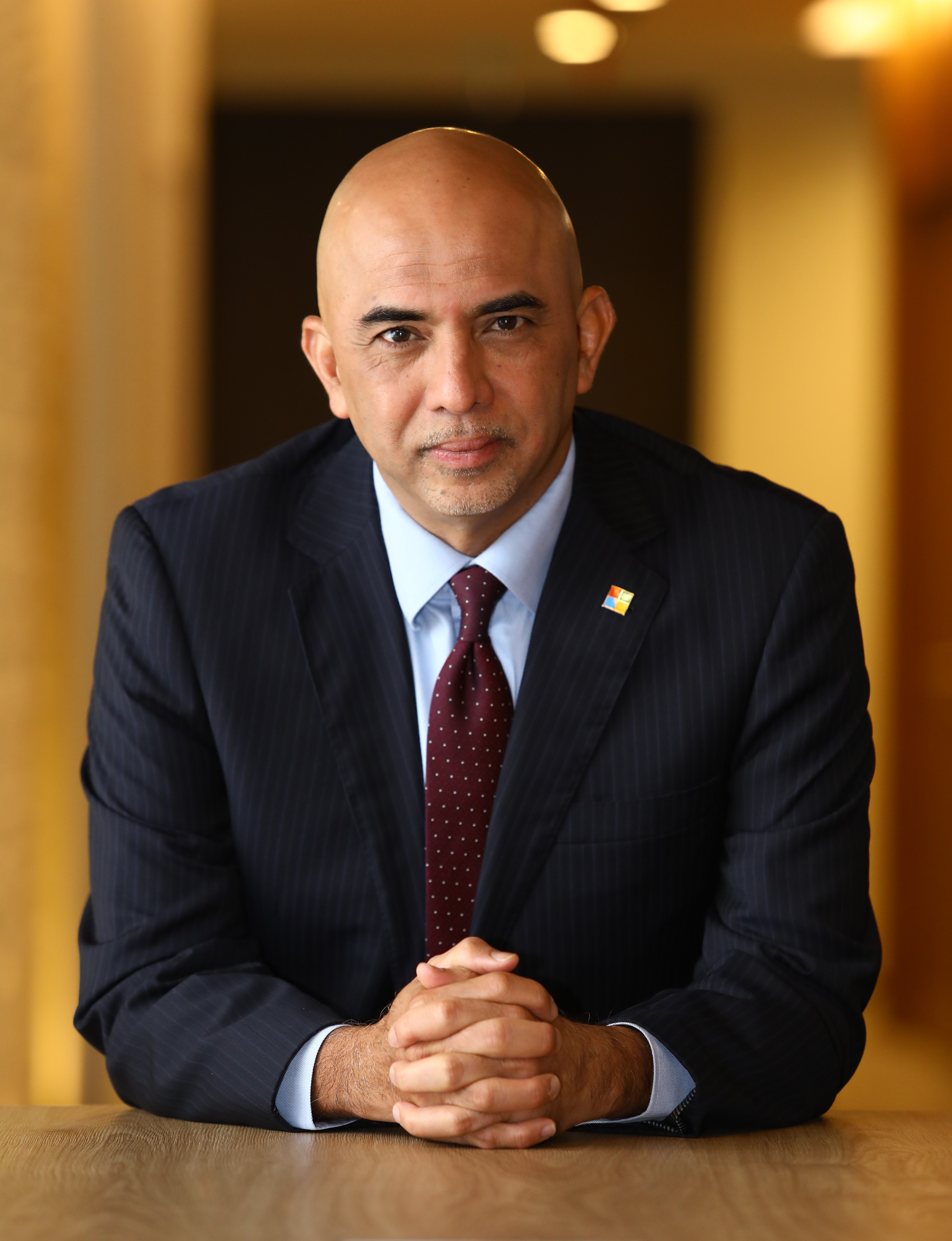
Encryption Advice to Keep Your WiFi Connection Safe
August 30, 2019
Threat Roundup for August 23 to August 30
August 31, 201962 years of independence: The technological future of Malaysia

By K. Raman, Managing Director, Microsoft Malaysia.
 Growing up in my hometown of Melaka, I remember looking out of my window, wondering what the future would be like. Like many other children around my age, I would often imagine a future filled with flying cars and robots that could walk and talk like human could. Indeed, I had always been fascinated with science and technology, and it was this fascination that led me to pursue my Degree in Engineering at Universiti Malaya.
Growing up in my hometown of Melaka, I remember looking out of my window, wondering what the future would be like. Like many other children around my age, I would often imagine a future filled with flying cars and robots that could walk and talk like human could. Indeed, I had always been fascinated with science and technology, and it was this fascination that led me to pursue my Degree in Engineering at Universiti Malaya.
As an adult, I must admit that this fascination has not left me just yet. Instead, the opposite has happened, as I find myself becoming more and more engrossed in learning about new developments in the technological sector and how it can be used to help Malaysians prosper. It is undoubtedly a great time to be alive if, like me, you are passionate about science and technology.
As Malaysia approaches its 62nd Merdeka (independence) day, it brings me great joy to see how far our nation has progressed. As we usher in the 4th Industrial Revolution, new technologies such as Cloud, AI and IoT are transforming the way we live, work and play. Further developments in mobile technology has led to new devices being more affordable, thus democratizing the access to technology among more Malaysians than ever before. Initiatives by the government to reduce internet prices have also made access to the internet easier and more affordable.
This wave of digitalization has also transformed the way in which Malaysians work. Gone are the days where work can only be done in the office, on a desk filled with papers and pens. Today, Malaysians are experiencing a significant change in workplace culture, whereby flexibility, mobility and productivity takes top priority. Workers now are equipped with laptops and Cloud-powered solutions that empower them to work on the go, thus ensuring work efficiency.
In line with these changes in working culture, businesses and organisation are also embarking on their digital transformation journeys, with an aim of improving business efficiency, increasing profits and ultimately growing the Malaysian economy. As digital transformation has the potential of contributing US$10 billion to Malaysia’s GDP by 2021, it is comforting to see increased collaboration between the public and private sector to help Malaysia ride the digitalization wave towards future success.
Alongside economic growth, digital transformation brings with it a plethora of opportunities for Malaysians to explore in education and work. As new technologies such as Cloud and AI continue to gain momentum, professionals who have a keen understanding of how to leverage these technologies will be increasingly demanded. In an age where technology is everywhere, it is imperative for Malaysians to take the initiative to start learning digital skills and look into possible career opportunities in the field of science, technology, engineering and mathematics (STEM).
Fortunately, we are not alone in this journey of self-improvement. With government initiatives such as STEM4ALL and the establishment of learning centres such as the Microsoft-UM STEM Learning Space, Malaysians now have access to multiple for them to explore a future in STEM. To this end, it brings me great pride to work for a company such as Microsoft, which is truly committed to skills development among Malaysian. Collaborating with organisations such as the ASEAN Foundation to set up free online learning platforms such as the Future Ready Platform, we have a shared ambition to help develop digital skills and future proof our nation’s youth for the workforce of tomorrow.
Indeed, the current transformation Malaysia is going through is not an unfamiliar sight. Our nation has always adopted a forward-looking stance, daring to make changes in the name of development. An example of this can be seen in the 1980s and 1990s, whereby our nation experienced rapid economic growth resulting in a dramatic shift in our export industry, switching from rubber and tin as primary exports to semiconductor components and electrical goods. It was during this timeframe the foundations of what could potentially turn Malaysia into a regional (if not global) technological hub were laid.
Having partnered with Malaysia for over 25 years now, Microsoft is committed to empowering every person and organisation in the country to achieve more. As a proud Malaysian, this is a cause that I hold very dear to my heart. Much like the younger version of myself, I still dream of what Malaysia might be like in the future, and in this dream I see Malaysia as leaders in the global economy, fully leveraging technologies to transform the nation into the technological capitol of the world, and I have faith, that this dream will someday come true.
Selamat Hari Merdeka!
The post 62 years of independence: The technological future of Malaysia appeared first on Microsoft Malaysia News Center.

